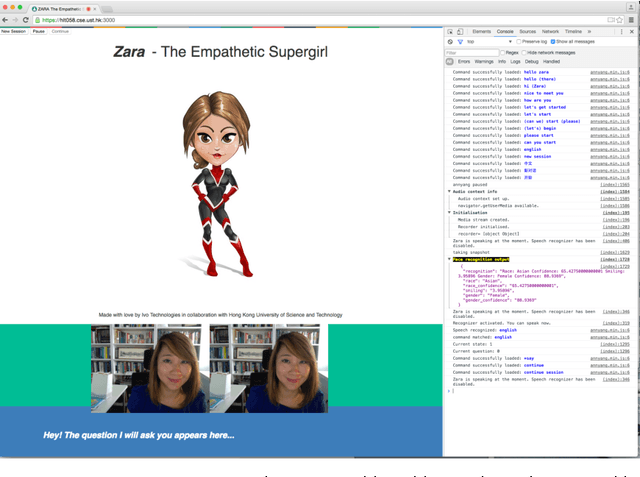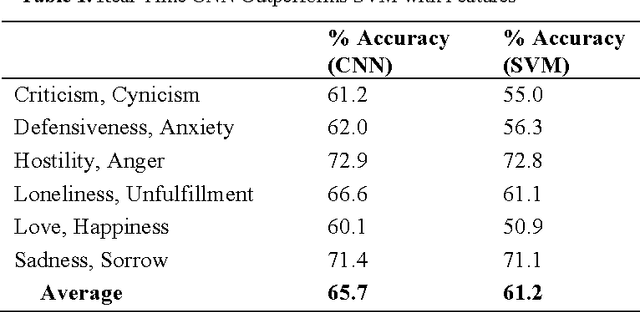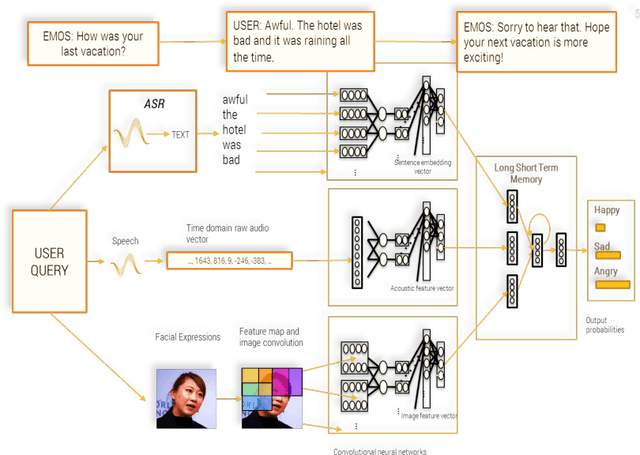Anik Dey
Can LLM Prompting Serve as a Proxy for Static Analysis in Vulnerability Detection
Dec 16, 2024Abstract:Despite their remarkable success, large language models (LLMs) have shown limited ability on applied tasks such as vulnerability detection. We investigate various prompting strategies for vulnerability detection and, as part of this exploration, propose a prompting strategy that integrates natural language descriptions of vulnerabilities with a contrastive chain-of-thought reasoning approach, augmented using contrastive samples from a synthetic dataset. Our study highlights the potential of LLMs to detect vulnerabilities by integrating natural language descriptions, contrastive reasoning, and synthetic examples into a comprehensive prompting framework. Our results show that this approach can enhance LLM understanding of vulnerabilities. On a high-quality vulnerability detection dataset such as SVEN, our prompting strategies can improve accuracies, F1-scores, and pairwise accuracies by 23%, 11%, and 14%, respectively.
Towards Empathetic Human-Robot Interactions
May 13, 2016



Abstract:Since the late 1990s when speech companies began providing their customer-service software in the market, people have gotten used to speaking to machines. As people interact more often with voice and gesture controlled machines, they expect the machines to recognize different emotions, and understand other high level communication features such as humor, sarcasm and intention. In order to make such communication possible, the machines need an empathy module in them which can extract emotions from human speech and behavior and can decide the correct response of the robot. Although research on empathetic robots is still in the early stage, we described our approach using signal processing techniques, sentiment analysis and machine learning algorithms to make robots that can "understand" human emotion. We propose Zara the Supergirl as a prototype system of empathetic robots. It is a software based virtual android, with an animated cartoon character to present itself on the screen. She will get "smarter" and more empathetic through its deep learning algorithms, and by gathering more data and learning from it. In this paper, we present our work so far in the areas of deep learning of emotion and sentiment recognition, as well as humor recognition. We hope to explore the future direction of android development and how it can help improve people's lives.
 Add to Chrome
Add to Chrome Add to Firefox
Add to Firefox Add to Edge
Add to Edge